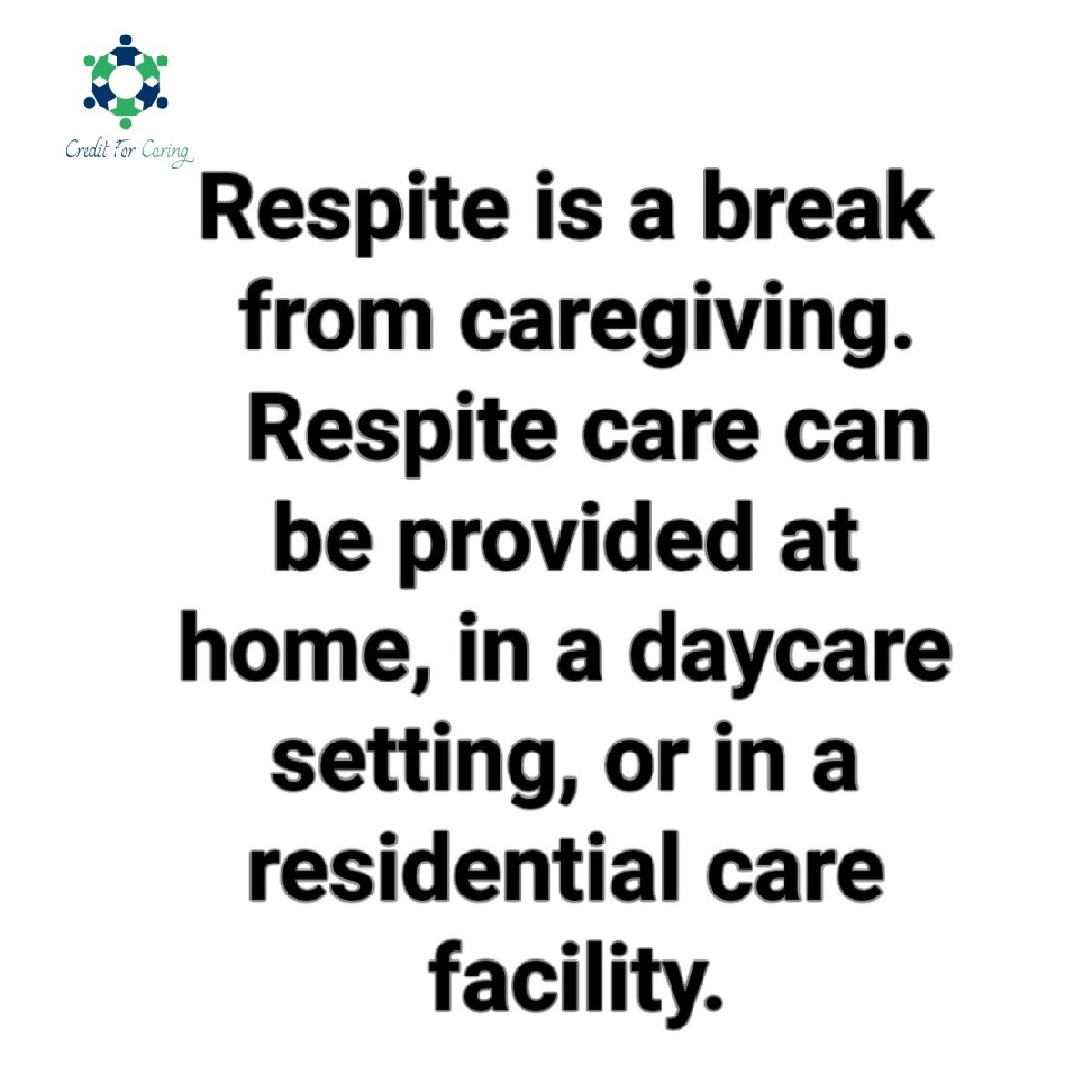
Respite Care
Caregiving is a labor of love, but it can also be exhausting—physically, mentally, and emotionally. That’s why respite care is not a luxury; it’s a necessity. Taking time to rest and recharge allows caregivers to continue providing the best possible care for their loved ones.
Respite care is a planned, short-term break from caregiving where another trusted individual or professional takes over caregiving duties. It can be arranged in different settings, such as in-home care, where a professional caregiver comes to your home; adult daycare centers, which provide a safe and engaging environment; or residential respite care facilities, where your loved one can stay short-term in an assisted living or nursing home. Friends and family members can also provide respite care by stepping in to help.
Taking time off prevents caregiver burnout. Constant caregiving without breaks can lead to stress, fatigue, and emotional exhaustion. It also improves caregiver health, as many caregivers neglect their own medical appointments, exercise, and rest. Respite care allows them to prioritize their own well-being. Additionally, it strengthens relationships by giving caregivers time to reconnect with spouses, children, and friends, preventing feelings of isolation. Beyond benefiting caregivers, respite care also enhances the quality of care provided, ensuring that caregivers remain patient, focused, and effective. For the loved one receiving care, respite provides a refreshing change of pace, introducing new environments and social interactions that can be mentally stimulating.
Finding the right respite care option starts with researching local resources, including home care agencies, adult daycare centers, and residential care facilities that provide short-term care. Planning ahead ensures caregivers can access help when needed, rather than scrambling for solutions during an emergency. If a loved one is hesitant about having a new caregiver, starting with short visits and gradually increasing the time can ease the transition. Family, friends, and community organizations may also be willing to help if caregivers ask.
Taking a break is not selfish—it’s essential. Many caregivers feel guilty about stepping away, but respite care isn’t about abandoning responsibilities. Instead, it ensures caregivers can continue providing care with patience, love, and energy. By evaluating respite care options in advance, caregivers can reduce stress and make informed decisions that benefit both themselves and their loved ones. After all, no one can pour from an empty cup; caregivers must take the time to refill theirs.



